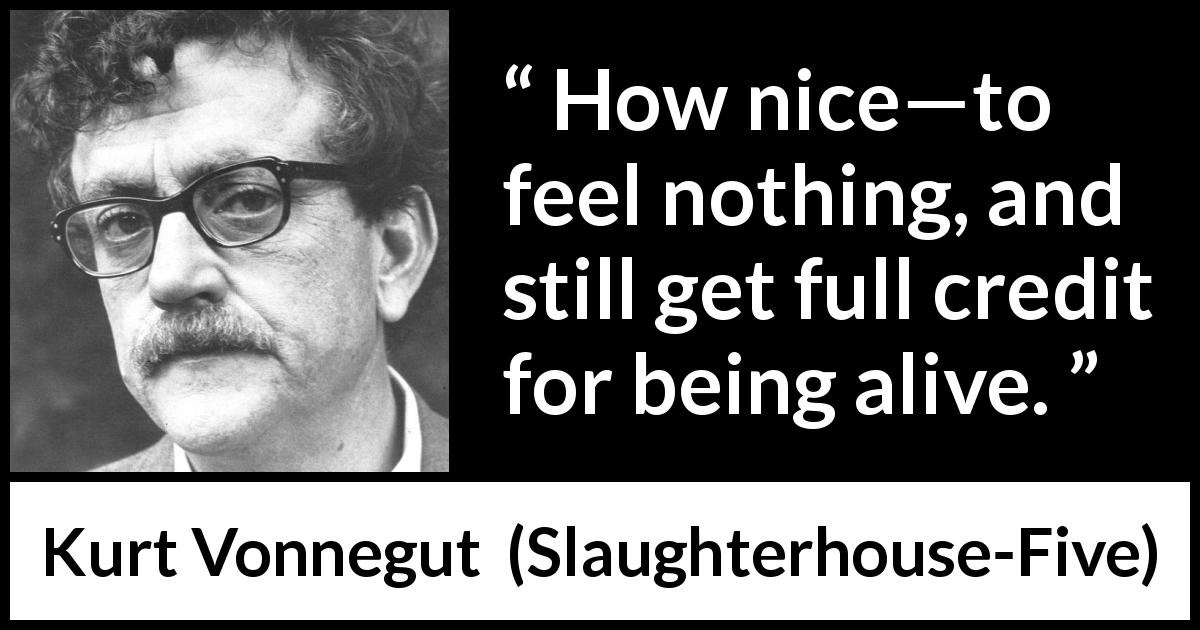Demystifying the Coma
Setting Reasonable Expectations
So you’ve found yourself in the uncomfortable position of being in a coma. What exactly does that mean? Is there any hope?
In this article, we’ll discuss some of the common causes of coma and what it really means. In my experience, this is one of the more confusing topics for family members to understand. It leads to unnecessary frustration, sadness, and at times, misplaced hope.
Coma is a broad term describing anyone with a Glasgow Coma Scale (GCS) less than 8. The GCS is a numeric grading system to determine how alert a person is. It is broken down into 3 parts:
Eye Opening - 0-4 points, ranges from none to spontaneously opening eyes
Verbal Response - 0-5 points, ranges from none to oriented
Motor Response - 0-6 points, ranges from none to obeying commands
When If you don’t respond to any verbal or motor stimuli and don’t open your eyes, that’s a 3. If you’re oriented, obey commands, and spontaneously open your eyes, that’s a 15.
If a person has a score of 8 or below, they have officially entered coma territory. Now the goal is to find a reason.




